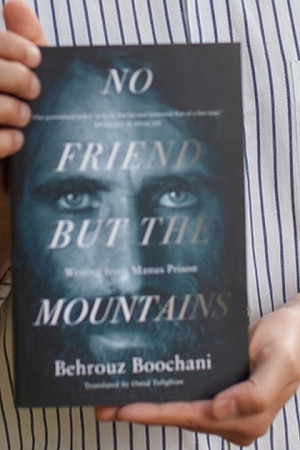J.M. Coetzee
One of the phrases used by the Swedish Academy to describe J.M. Coetzee, winner of this year’s Nobel Prize in Literature, is ‘scrupulous doubter’. In his novels, memoirs, essays, lectures and academic criticism, Coetzee conveys the uncertainty and complexity of lived experience with extraordinary precision and, sometimes, with a clarity that is almost unbearable. Coetzee’s work is triumphant confirmation of the allegiance owed by literature to nothing except the truth of the human condition. His art succeeds despite, or rather because of, the fact that it is so alive to all the problems of form and content standing in its way. His prose communicates difficulty, dissonance and doubt without itself being any of these things.
In his Letters to a Young Novelist, Mario Vargas Llosa writes that ‘the defining characteristic of the literary vocation may be that those who possess it experience the exercise of their craft as its own best reward, much superior to anything they might gain from the fruits of their labours’. Coetzee himself has written that the ‘feel of writing fiction is one of freedom, of irresponsibility, or better, of responsibility toward something that has not emerged, that lies somewhere down the end of the road’.
Continue reading for only $10 per month. Subscribe and gain full access to Australian Book Review. Already a subscriber? Sign in. If you need assistance, feel free to contact us.









Leave a comment
If you are an ABR subscriber, you will need to sign in to post a comment.
If you have forgotten your sign in details, or if you receive an error message when trying to submit your comment, please email your comment (and the name of the article to which it relates) to ABR Comments. We will review your comment and, subject to approval, we will post it under your name.
Please note that all comments must be approved by ABR and comply with our Terms & Conditions.